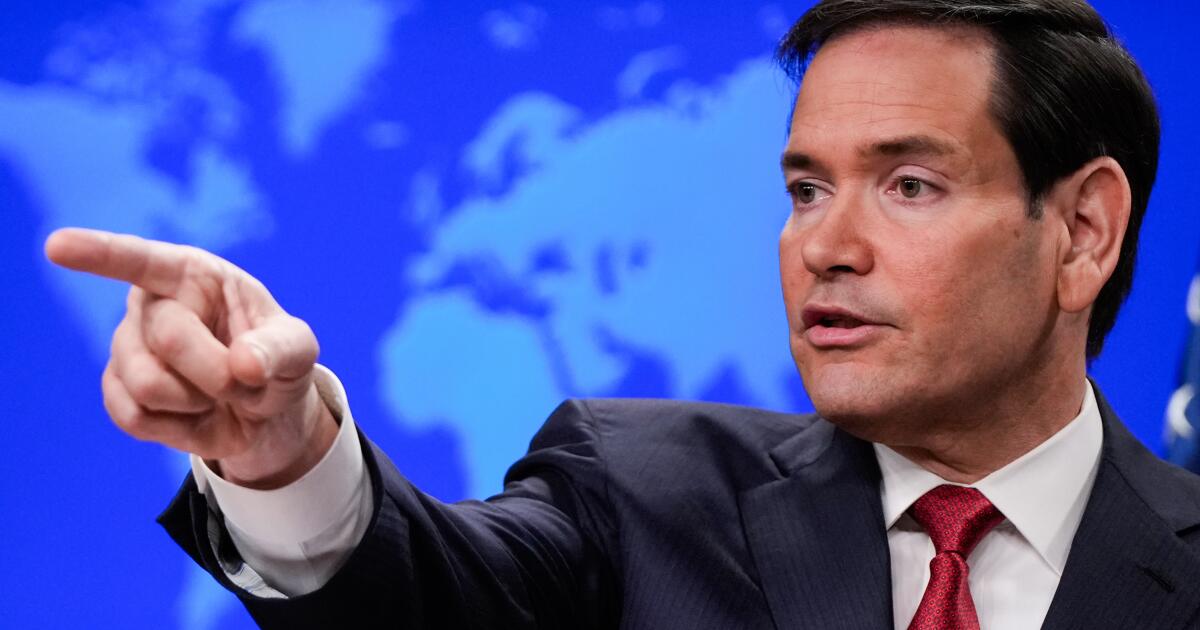U.S. expands list of countries whose citizens must pay up to $15,000 bonds to apply for visas
WASHINGTON — The Trump administration has added seven countries, including five in Africa, to the list of nations whose passport holders are required to post bonds of up to $15,000 to apply to enter the United States.
Thirteen countries, all but two of them in Africa, are now on the list, which makes the process of obtaining a U.S. visa unaffordable for many.
The State Department last week quietly added Bhutan, Botswana, the Central African Republic, Guinea, Guinea-Bissau, Namibia and Turkmenistan to the list. Those designations took effect on Jan. 1, according to a notice posted on the travel.state.gov website.
It’s the latest effort by the Trump administration to tighten requirements for entry to the U.S., including requiring citizens from all countries that require visas to sit for in-person interviews and disclose years of social media histories as well as detailed accounts of their and their families’ previous travel and living arrangements.
U.S. officials have defended the bonds, which can range from $5,000 up to $15,000, maintaining they are effective in ensuring that citizens of targeted countries do not overstay their visas.
Payment of the bond does not guarantee a visa will be granted, but the amount will be refunded if the visa is denied or when a visa holder demonstrates they have complied with the terms of visa.
The new countries covered by the requirement join Mauritania, Sao Tome and Principe, Tanzania, Gambia, Malawi and Zambia, which were all placed on the list in August and October of last year.
Lee writes for the Associated Press.
